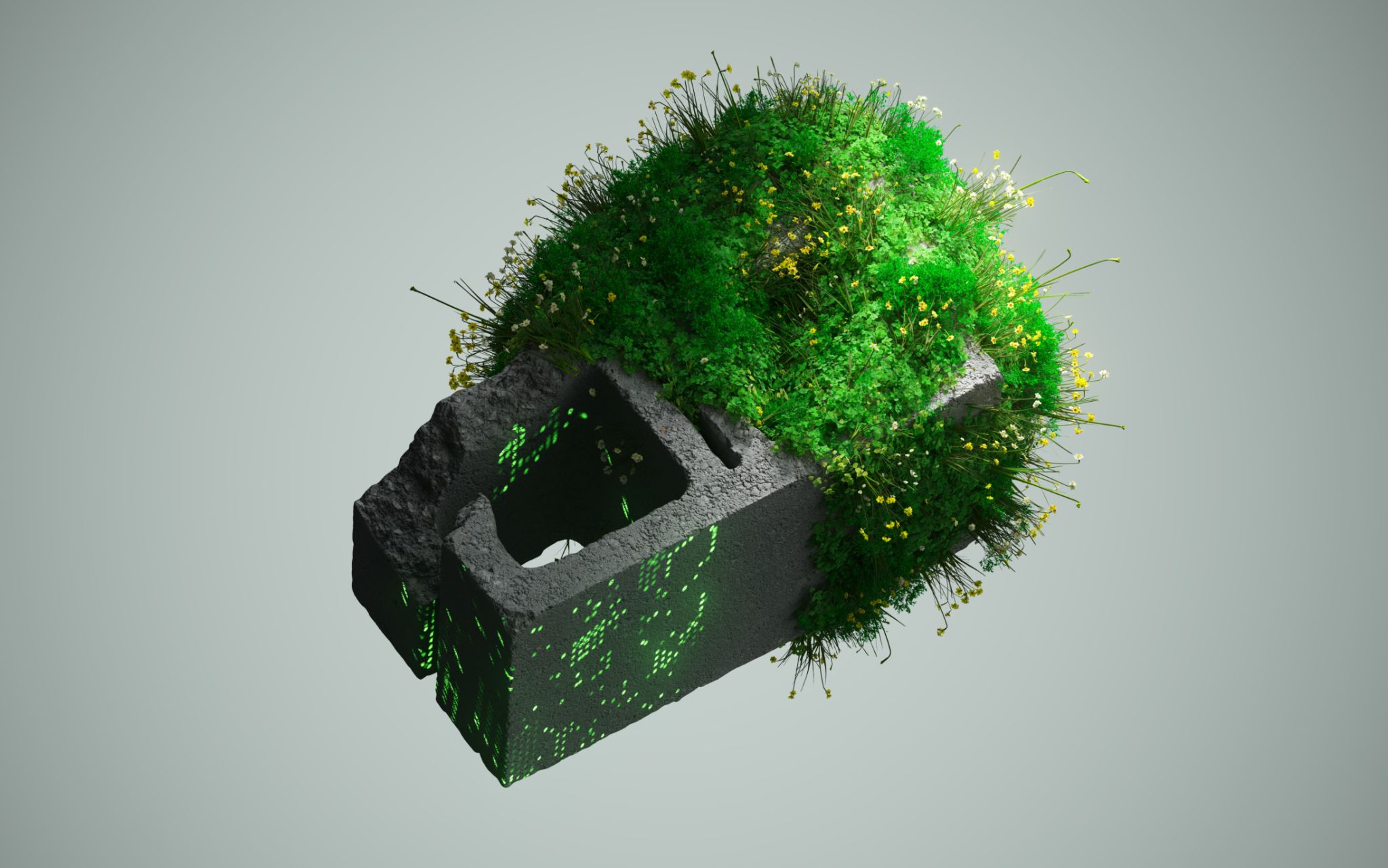Why Mini PCs Are the Future of Compact Computing
Introduction to Mini PCs
In the fast-paced world of technology, the evolution of computing devices has led to the emergence of mini PCs as a compelling alternative to traditional desktop computers. These compact powerhouses are redefining what it means to have a versatile and efficient computing experience. But what makes mini PCs the future of compact computing?

Space-Saving Design
One of the most significant advantages of mini PCs is their space-saving design. Unlike bulky desktops, mini PCs are designed to fit seamlessly into tight spaces, making them ideal for home offices, small apartments, or even entertainment centers. Their compact size does not compromise functionality, allowing users to enjoy all the capabilities of a full-sized computer without the clutter.
For businesses, this means maximizing office space and creating a more organized work environment. In homes, it means less intrusion into living spaces and more flexibility in setting up workstations. The ability to mount mini PCs behind monitors or attach them to walls further enhances their appeal.
Energy Efficiency
In an era where energy conservation is paramount, mini PCs stand out with their energy-efficient designs. These devices consume significantly less power than traditional desktops, reducing electricity bills and environmental impact. The low power consumption also translates to quieter operation, as there is less need for extensive cooling systems.

Mini PCs often incorporate energy-efficient processors and components, making them suitable for businesses aiming to reduce their carbon footprint and individuals looking to adopt more sustainable practices.
Performance Capabilities
Despite their small size, mini PCs do not skimp on performance. Equipped with the latest processors and ample RAM, they are capable of handling a wide range of tasks, from everyday computing to more intensive applications like video editing and gaming. Many mini PCs come with customizable options, allowing users to upgrade components as needed.
The development of powerful onboard graphics has also contributed to the rise of mini PCs as viable gaming machines. As technology continues to advance, the gap between desktop and mini PC performance is rapidly closing.

Versatility and Connectivity
Mini PCs offer impressive versatility with numerous connectivity options. They typically feature multiple USB ports, HDMI outputs, and wireless connectivity options such as Wi-Fi and Bluetooth. This makes them suitable for a variety of uses, whether as a media center, a dedicated workstation, or even a server.
- Home entertainment systems
- Office workstations
- Digital signage solutions
Their ability to connect seamlessly with other devices enhances their functionality and makes them a central hub in modern digital ecosystems.
Cost-Effectiveness
Another compelling reason for the growing popularity of mini PCs is their cost-effectiveness. They offer an affordable entry point for those looking to upgrade their computing systems without breaking the bank. With various models available at different price points, there is a mini PC for every budget.
- Lower initial purchase cost compared to desktops
- Reduced energy consumption
- Minimal maintenance costs
This affordability extends to businesses as well, allowing companies to equip employees with efficient machines while keeping expenses in check.
Conclusion
Mini PCs are paving the way for the future of compact computing by offering a perfect blend of performance, efficiency, and versatility. As technology continues to advance and our needs evolve, these compact devices are poised to become an integral part of both personal and professional environments.

